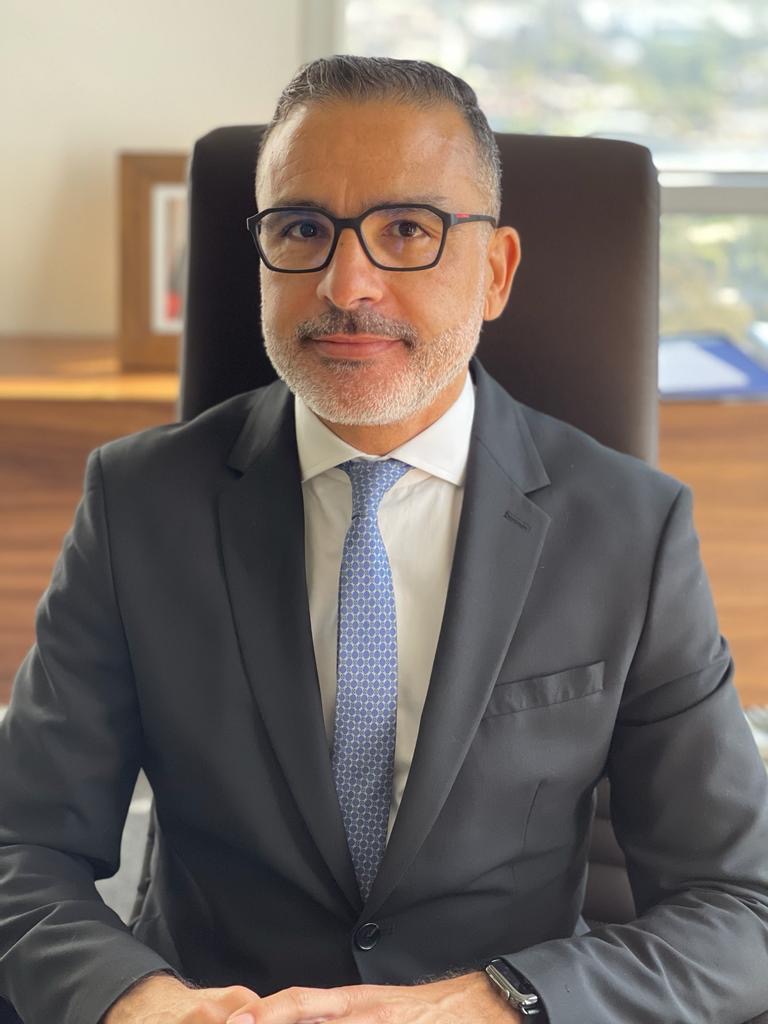Inetum has committed to creating 1,500 jobs by 2027. Where does this program currently stand?
Imad Haddour: We have already hired over 200 employees since the signing of the MoU with the government in April 2024, bringing our workforce to 1,100 people. The goal is to reach 1,500 highly qualified jobs by 2027, with 500 hires planned by December 2025. An investment of 50 million dirhams supports this ambition, focused on strategic roles: software integration, application development, and data science. Morocco combines talent, economic stability, and a clear vision, as evidenced by its preparations for the 2030 World Cup. It’s fertile ground for innovation.
Regionalization is a key focus of your development plan. Why target Fez, Tangier, and Agadir?
Casablanca remains our hub, but these cities offer an underutilized talent pool and proximity to dynamic university ecosystems. In fact, Inetum is betting on partnerships with universities and engineering schools to train 200 interns annually and support its future branches. The goal is to decentralize tech expertise and align with local economic realities. For example, Agadir has agritech potential, and Tangier is seeing booming logistics.

How is Inetum positioning itself in response to the market maturation challenges with cloud and AI?
The Moroccan market is at a turning point: many cloud and AI projects remain stuck at the POC stage. Our response? Multisectoral vertical solutions, fueled by our partnerships with global software providers.
Moreover, to support our ambition of becoming a key player on the continent, Inetum is unveiling at Gitex Africa 2025 a development strategy based on strong alliances with global providers such as SAP, Microsoft, Salesforce, Sage, and ServiceNow. The goal: to offer verticalized solutions tailored to the specific needs of the African market, particularly in key sectors like healthcare, infrastructure, energy, and public services.
In construction, healthcare, or agritech, we deploy turnkey solutions—from SAP integration to generative AI. A concrete example: 80% of our teams are certified in these technologies, and our Casablanca FabLab can prototype a tailored AI solution in seven days.
We believe in a strong, connected, and sovereign Africa. At Gitex Africa 2025, we come to listen, build, and innovate with those shaping its future.
What role does the educational ecosystem play in this multisectoral development strategy?
Without partnerships with universities, there can be no lasting transformation. Inetum trains 200 interns per year in cloud and AI technologies and leads certification programs in collaboration with providers like Microsoft. We co-develop specialized curricula to anticipate the needs of target sectors such as construction and healthcare. This commitment also takes shape through the onboarding of 120 work-study students in 2024 and regular workshops at our FabLab. The idea is to create a continuum between academic training and market demands.
Written in French by TelQuel Impact, edited in English by Eric Nielson





